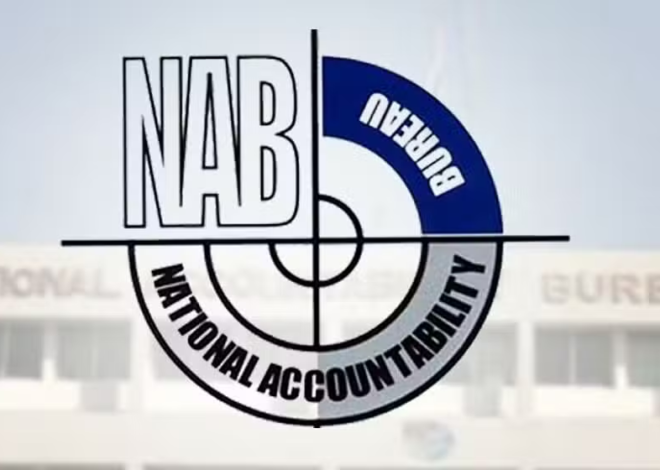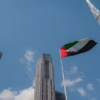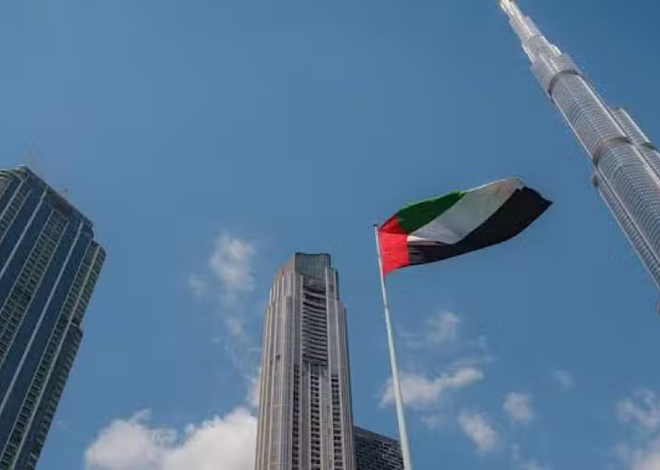
Britain suspends 30 of its 350 arms export licenses to Israel for serious violation of International humanitarian law
Britain finally has done something of importance suspending 30 out of its 350 arms export licenses to Israel. The announcement was made by the Foreign Minister, David Lammy, on Monday. However, this does not equate to a complete ban or an arms embargo. Rather, this is an action against certain equipment because of the continuing Israel-Hamas conflict in Gaza.
Arms export licenses to Israel suspended, yet Britain shows great support for them
He said this suspension is motivated by concern that some of the British-made equipment might be used in the commission of serious violations of international humanitarian law. At the same time, he underlined that Britain voices its support for Israel’s right to self-defence against security threats. Yet the British government is concerned about the methods Israel is resorting to because reports about civilian losses and destruction of the civilian infrastructure have been appearing.
Since the Labour Party’s victory in July, Lammy said he was committed to reviewing arms sales against the provisions of international law. He said he was sorry to have to rise in the House of Commons to make the statement about the suspension. The review made available a clear risk that some UK arms exports to Israel might contribute to breaches of IHL’.
This includes exports amounting to less than 1% of the total arms Israel gets, hence very minimal effect on Israel’s security. However, Israeli Foreign Minister Israel Katz expressed his disappointment and linked it to “a problematic message to Hamas and Iran.”.
The suspension occurs within the sharp context of a conflict that began with Hamas attacks on October 7, which was particularly bloody. According to the Palestinian health authorities, the attack by Hamas left 1,200 people dead, while the answer from Israel in Gaza has so far killed more than 40,700 people. It investigates investigations against Israeli and Palestinian leaders for the possible commission of war crimes and crimes against humanity.
This decision underlines the commitment of the UK government to bringing arms export into line with international humanitarian norms and standards. Whereas a lot of licenses for non-lethal items, including body armour and military helmets, remain approved, the situation is nevertheless dynamic. Further changes to policy may occur in response to developments in this conflict and legal findings.







